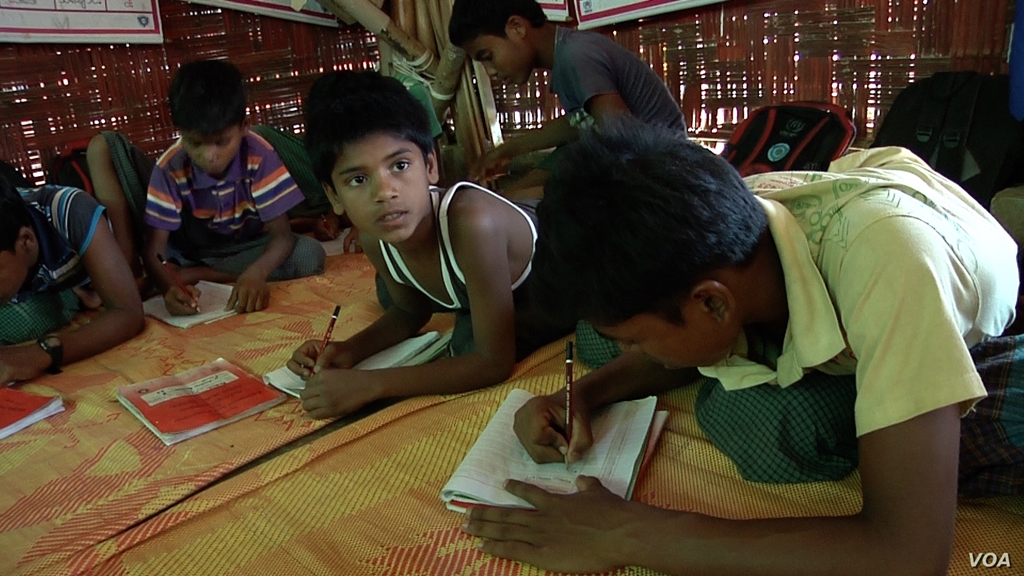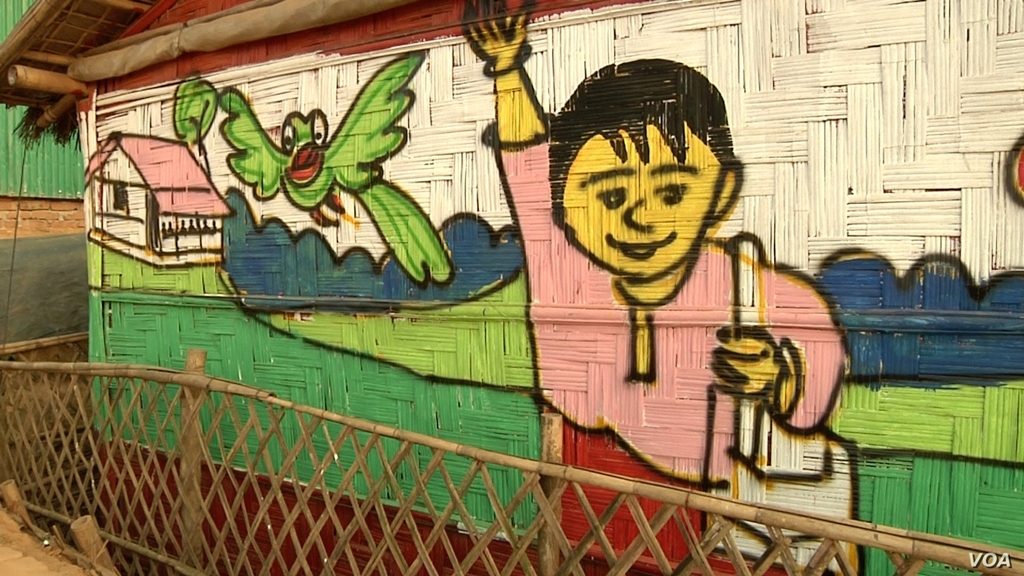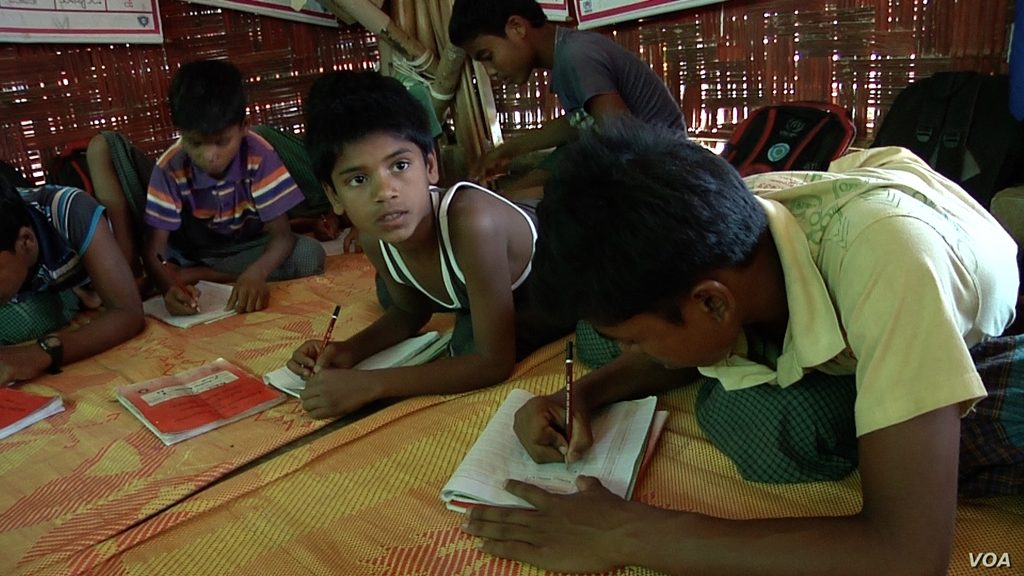
1 in 5 Rohingya Child Refugees Suffer Severe Mental Health Issues
- 31/10/2019
- 0
BANGKOK — Almost one in five children under the age of 18 living in Rohingya refugee camps in Bangladesh suffers from a severe mental health problem, according to aid groups operating in the camps.
“We’re dealing with a mental health crisis,” said Bhanu Bhatnagar of Save the Children.
More than 700,000 ethnic Rohingya started pouring into Bangladesh two years ago because of a military campaign in neighboring Myanmar. U.N. investigators have accused Myanmar’s security forces of mass murder, gang rapes and burning down scores of Rohingya villages. Myanmar has denied almost every accusation of an atrocity crime and says its troops conducted a legitimate counterinsurgency operation.

Save the Children says that, in some cases, mental distress among child refugees could stem from violence witnessed or experienced during the military crackdown, but there are other reasons as well.
“They could be things like victims of child marriage,” Bhatnagar said. “Children who might’ve been abused within the home.”
Bhatnagar added that the strain of daily life in the camps, which refugees are not allowed to leave, also adds to the emotional stress.
The camps are dense communities of bamboo shelters. Refugees are prohibited from working outside the camps and there are limited work opportunities inside. Concerns are growing that inadequate schooling and vocational training opportunities for Rohingya youth could leave young refugees ill-prepared for life as adults.

Aid groups have built classrooms and developed crash courses to train instructors, but they can’t scale up fast enough. Only 11 percent of youth ages 15 to 18 have access to education in the camps.
“These are the children that really will help lift the Rohingya community out of the poverty but they can’t if they’re not given access to the right kinds of education,” Bhatnagar said. “Children are losing hope.”
Aid groups, including the United Nations refugee agency, repeatedly have called on the Myanmar government to make conditions in the country conducive for the refugees to voluntarily repatriate. There are no signs, though, that significant numbers of Rohingya will return any time soon.

“We’re in a protracted phase now, where we just don’t see an end to the current situation for the Rohingya refugees,” Bhatnagar said.
Aid groups offer mental health counseling for youths in the camps, but they acknowledge they’re not able to help all of the children who need it.
“A huge number of children in the camps require mental health and psychological, emotional support,” Bhatnagar said. “Some of which we’re providing as a charity, but it’s just not enough.” There are almost 500,000 refugees under the age of 18 in the camps. It’s not easy to identify every child who needs mental health support.
Added Karen Reidy of UNICEF: “A lot of times, it’s the people you don’t see who are the ones who need the most help.”






